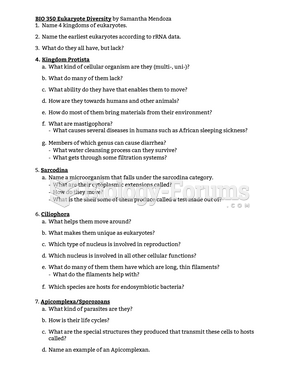|
|
|
Opium has influenced much of the world's most popular literature. The following authors were all opium users, of varying degrees: Lewis Carroll, Charles, Dickens, Arthur Conan Doyle, and Oscar Wilde.
Essential fatty acids have been shown to be effective against ulcers, asthma, dental cavities, and skin disorders such as acne.
Pubic lice (crabs) are usually spread through sexual contact. You cannot catch them by using a public toilet.
Ether was used widely for surgeries but became less popular because of its flammability and its tendency to cause vomiting. In England, it was quickly replaced by chloroform, but this agent caused many deaths and lost popularity.
The eye muscles are the most active muscles in the whole body. The external muscles that move the eyes are the strongest muscles in the human body for the job they have to do. They are 100 times more powerful than they need to be.
 These species are all at risk of extinction. Species with “slow†life-h
These species are all at risk of extinction. Species with “slow†life-h
 When working with the patient with impaired hearing, the interpreter needs to direct questions to th
When working with the patient with impaired hearing, the interpreter needs to direct questions to th





